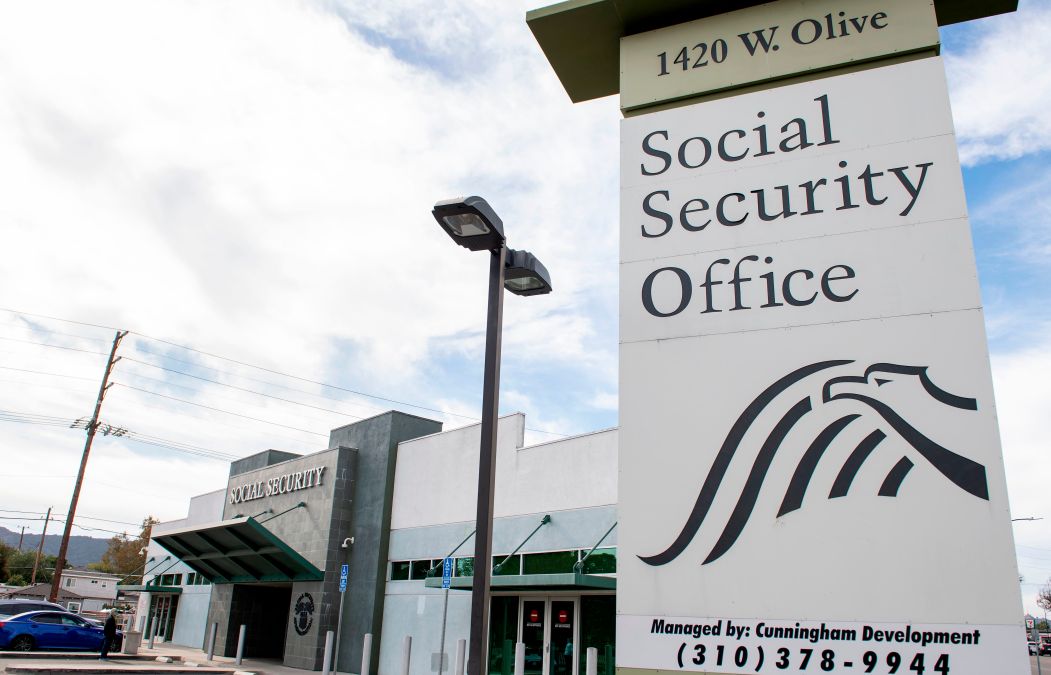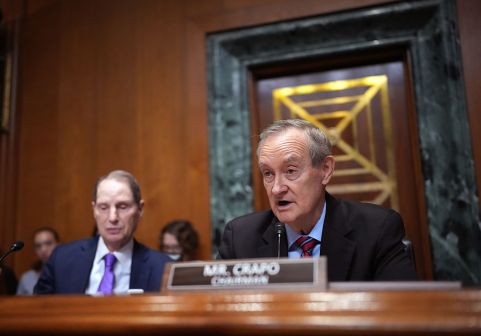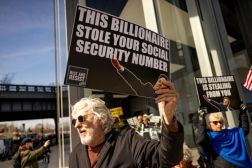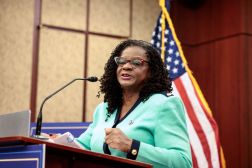Appeals court upholds block on DOGE access to Social Security systems

A block on DOGE from accessing the Social Security Administration systems that house the personal data of millions of Americans can continue, a federal appeals court ruled Wednesday.
In a 9-6 decision, the 4th U.S. Circuit Court of Appeals kept in place a preliminary injunction from Judge Ellen Hollander of the U.S. District Court for the District of Maryland that barred individuals with the Elon Musk-led group from rooting around in SSA networks.
Hollander’s March ruling on the case — which was brought by the Alliance for Retired Americans and several labor groups — ended “DOGE’s unfettered access to SSA systems of record containing personally identifiable information.”
The judge also required Musk, U.S. DOGE Service leader Amy Gleason and all other DOGE associates to “disgorge and delete” any “non-anonymized” PII they had obtained.
Among the many legal attempts to stop DOGE from burrowing into federal government IT networks, Hollander’s decision was especially noteworthy in that it was the first instance that a judge ordered the group to delete all the data they had acquired as part of their systems takeovers.
The injunction also prevented DOGE from installing software at SSA and ordered the tech collective to remove anything they had already installed. DOGE was barred from “accessing, altering, or disclosing any SSA computer or software code,” the ruling stated.
The SSA litigation has drawn comparisons to proceedings involving DOGE’s accessing of the Treasury Department’s Bureau of the Fiscal Service systems, which contain the PII of taxpayers.
The majority opinion in the appeals court ruling, written by Judge Robert B. King, referred to the Social Security and Treasury cases as “legal twins.” But the SSA case is “substantially stronger” and “with vastly greater stakes for many reasons,” King wrote.
“Most especially, the Preliminary Injunction in this case protects all personally identifiable information in the Social Security records of everyone, i.e., millions upon millions of American citizens and noncitizen taxpayers,” King wrote. The Treasury case’s “injunctive relief, by contrast, was limited to the two million or so plaintiffs.”
Judge Julius Richardson, writing for the minority, said there was “no particular reason to tear this case from its twin,” noting that SSA plaintiffs have alleged “anxiety and distress” but haven’t established “unease” in the traditional legal sense.
“No plaintiff has alleged that they have been the subject of any targeted snooping. No plaintiff has even alleged that a DOGE-affiliated SSA employee has seen their specific personal information,” Richardson wrote. “They have only alleged that they feel distressed by such employees having access to the SSA’s databases. Given this, the employees are not like ‘someone rifling through their neighbor’s mail.’”






